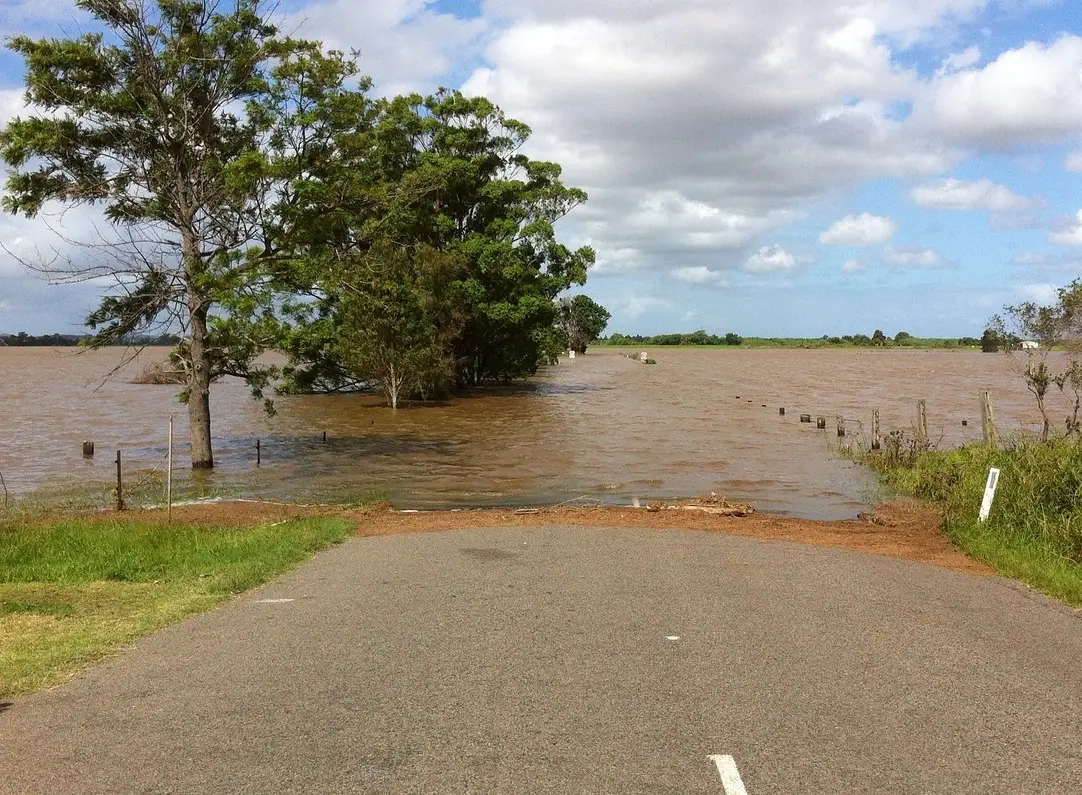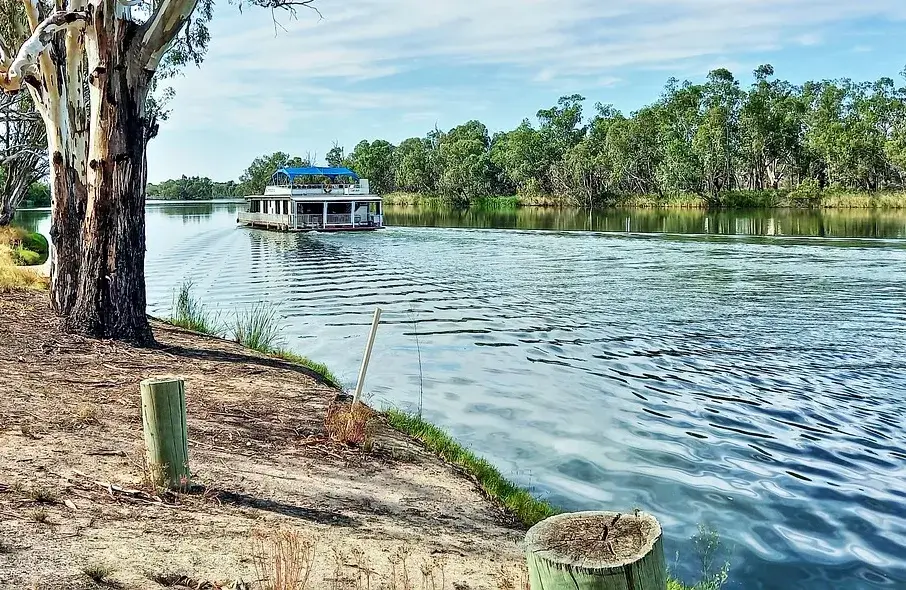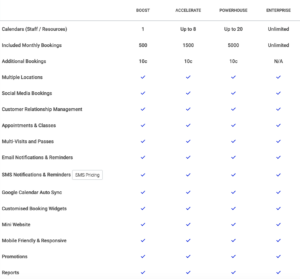When a disaster strikes, whether it’s a natural calamity like a hurricane or a human-made crisis such as a pandemic, its impact reaches far beyond immediate physical damage. Economies suffer, livelihoods are disrupted, and communities face a long road to recovery. In such trying times, technology and strategic government interventions play a pivotal role in jumpstarting economic revival. In this blog, we will explore how technology can aid in post-disaster economic recovery and why government vouchers for local tourism are a smart approach to rebuilding communities and businesses.
1. Technology Infrastructure as a Foundation
In the wake of a disaster, the physical infrastructure may be severely damaged, making traditional methods of economic activity challenging. However, technology infrastructure, such as high-speed internet access, remains largely intact or can be rapidly restored. This digital connectivity is a lifeline for businesses, enabling them to continue operations, reach customers, and facilitate remote work.
Government investment in strengthening technology infrastructure post-disaster is essential. It not only supports local businesses but also attracts new investment and industries, creating a more resilient and diversified economy.
2. Remote Work Opportunities

The pandemic has underscored the feasibility and benefits of remote work. Following a disaster, technology enables businesses to pivot towards remote work quickly. Employees can maintain their productivity, and companies can continue operations while their physical premises are being repaired or rebuilt.
Governments can encourage this transition by incentivising businesses to adopt remote work policies and invest in the necessary technology. This not only safeguards jobs but also minimises disruption during disaster recovery.
3. E-commerce and Online Marketing
The post-disaster period can be an opportunity for local businesses to reinvent themselves. Technology facilitates e-commerce platforms, enabling businesses to reach customers beyond their physical vicinity. Governments can provide support by offering training and grants for businesses to establish and promote their online presence.
Furthermore, digital marketing tools allow businesses to target specific audiences effectively. Governments can assist local businesses in creating and implementing digital marketing strategies to attract customers, both locally and from other regions.
4. Government Vouchers for Local Tourism
To revitalise local economies and stimulate spending, government vouchers for local tourism have proven to be a successful strategy for disaster recovery. These vouchers provide discounts or subsidies to individuals and families for travel, accommodation and experiences within their own country or region.
Here’s why these vouchers are essential:
- Boosting Tourism: By incentivising domestic travel, these vouchers stimulate the tourism industry, benefiting hotels, restaurants, and local attractions.
- Supporting Local Businesses: Tourism vouchers channel money directly into the hands of local businesses, helping them recover and rebuild.
- Strengthening Community Spirit: Encouraging people to explore their own region fosters a sense of pride and unity, instilling confidence and resilience in the community.
- Multiplier Effect: Money spent on tourism circulates through the local economy, supporting jobs and encouraging investment.
- Data Collection: Technology can be used to efficiently distribute and track the usage of these vouchers, providing valuable data for future disaster recovery planning.
In 2022 Nabooki managed over 980,000 bookings delivering in excess of $200m in economic stimulus through our unique voucher technology.

Learn more about the technology and services provided by Nabooki for South Australia’s Great State Voucher program and other initiatives over on our case studies page.
Upskilling for a Digital Future
Incorporating technology into disaster recovery efforts also means investing in people. Governments can provide training programs to equip individuals with digital skills that are in demand in the post-disaster job market. These skills can include digital marketing, data analysis, remote work tools, and e-commerce management. By upskilling the workforce, communities become more adaptable and resilient to future challenges.
In the aftermath of a disaster, technology offers innovative solutions to rebuild economies and communities. As we navigate an uncertain future, the marriage of technology and thoughtful government interventions offers a blueprint for building a more resilient and prosperous society.



